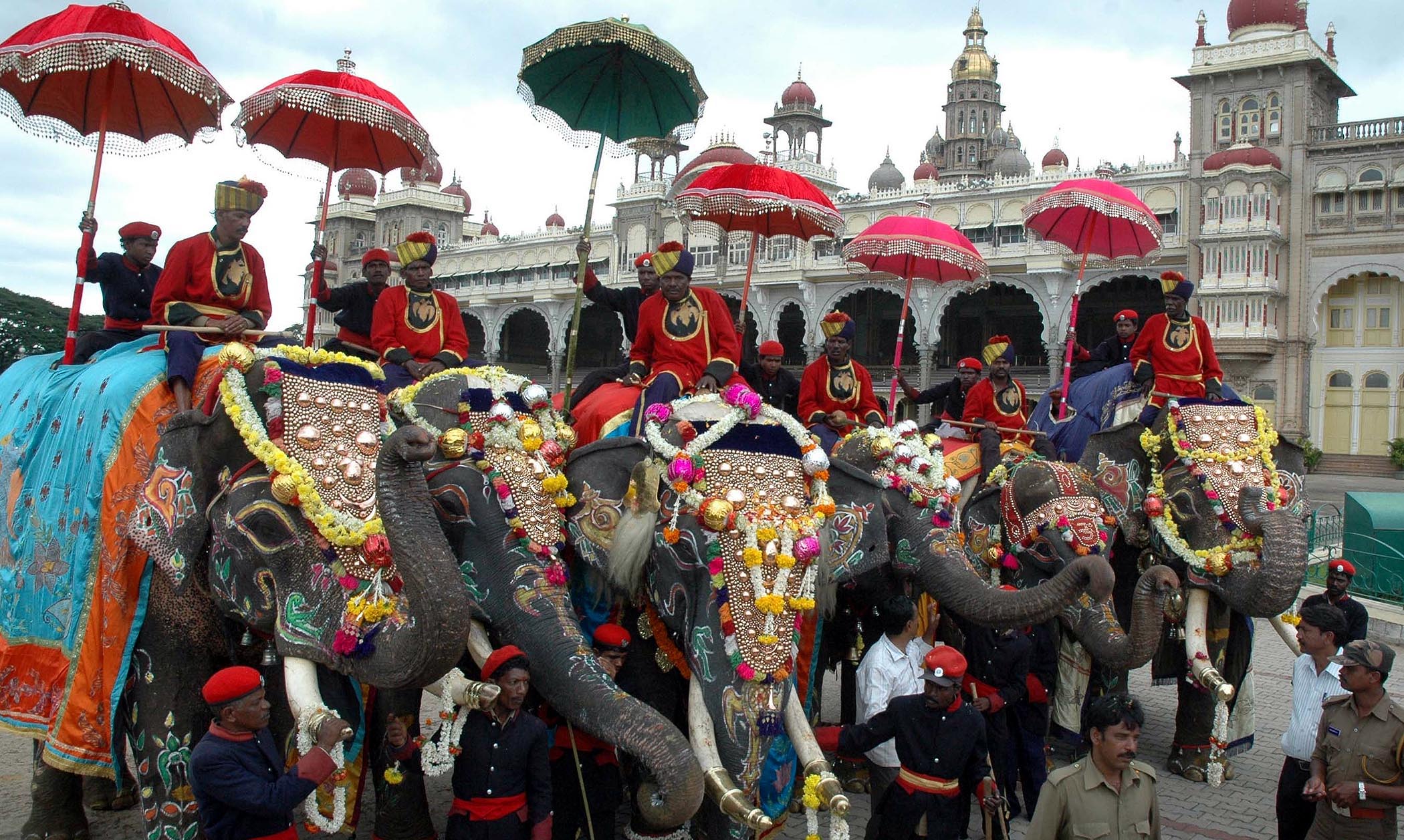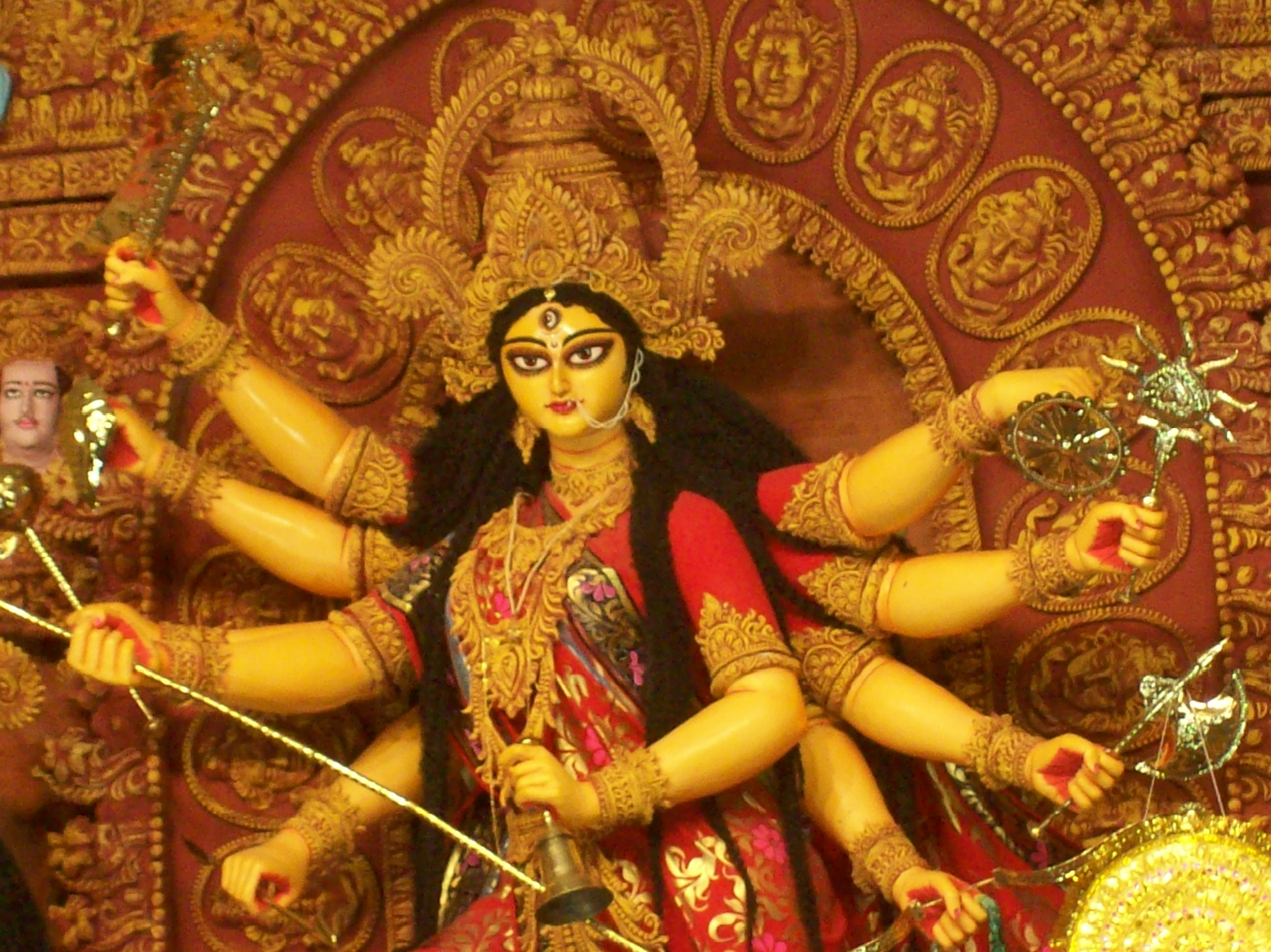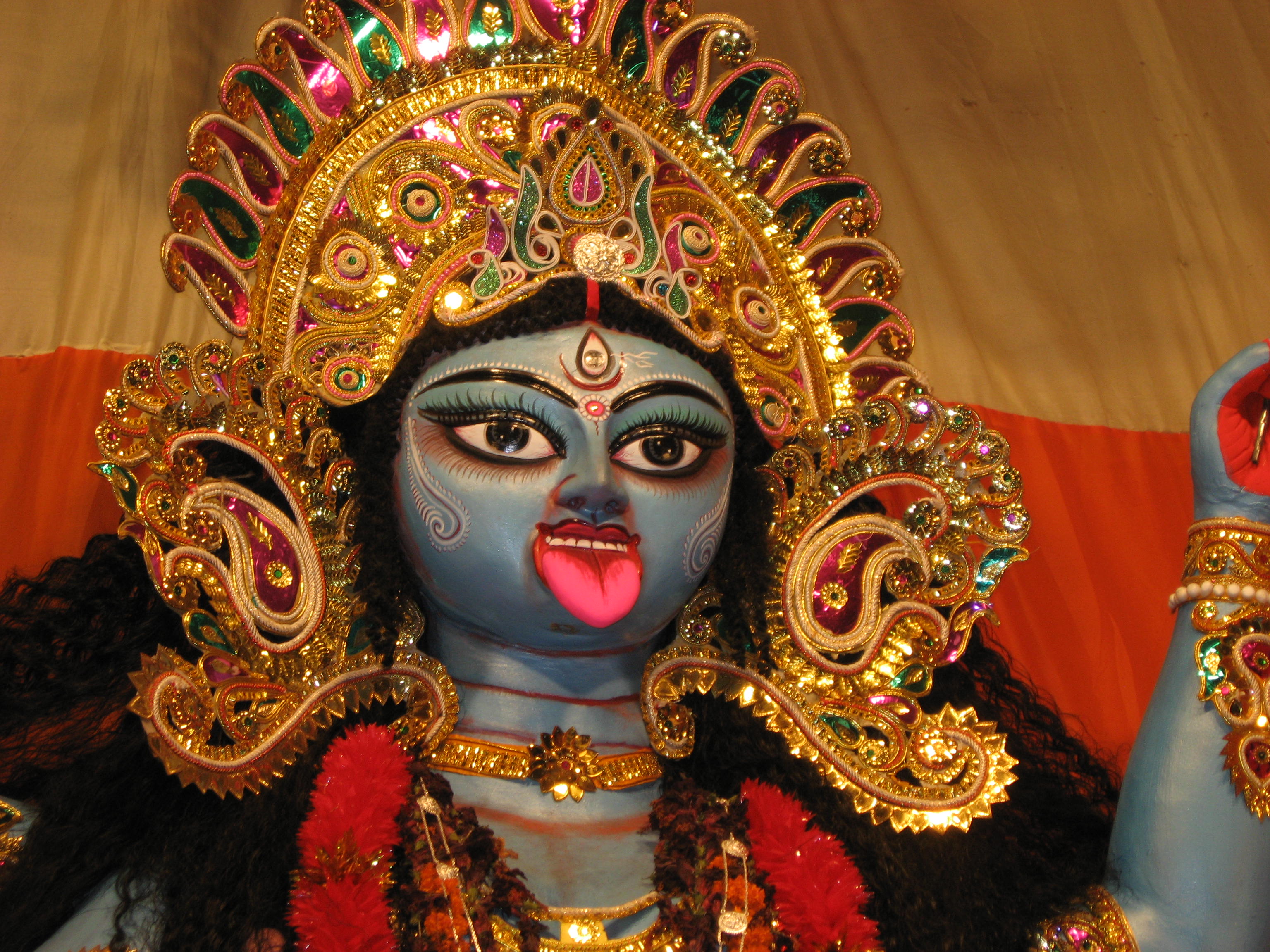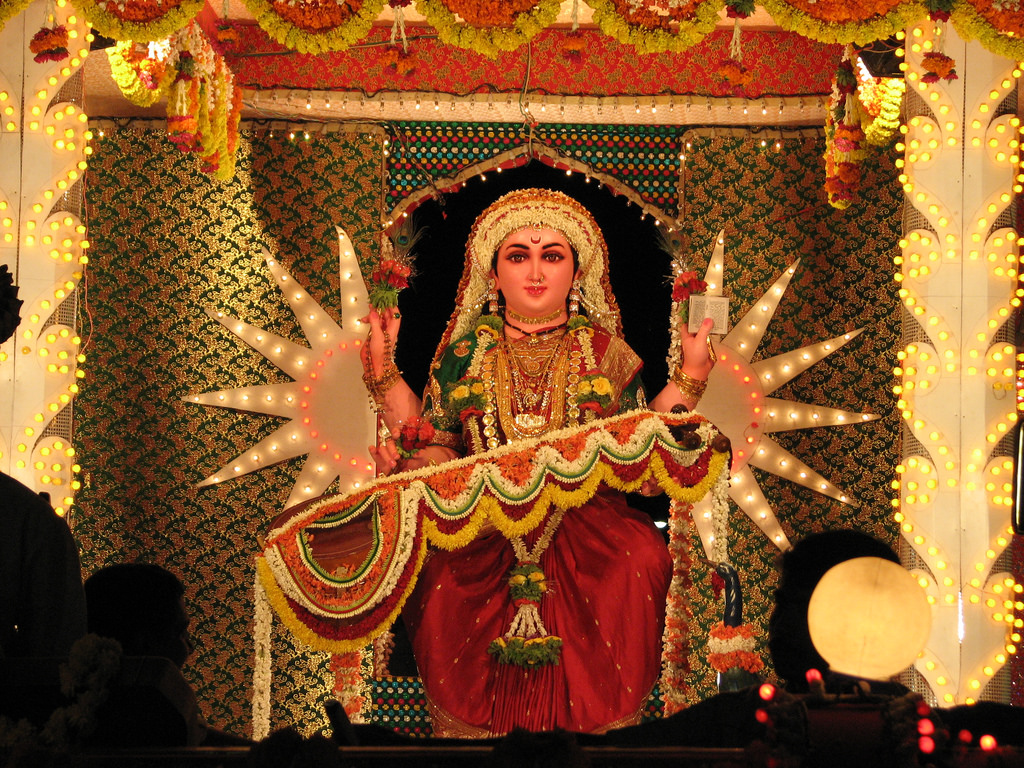Agastya’s Perfect Woman – Lopamudra
Lopamudra, also known as Kaushitaki and Varaprada, is described in Vedic literature as a great scholar and philosopher. She and her husband Rishi Agastya (Agastiyar) lived during the Rig Veda period and she is credited with contributing innumerable verses to this veda.
Lopamudra was a rishi-patni, consort of a Rishi, as also a Rishiki in her own right. It is she, who has contributed the “Panchadasi” Vedanta mantra of the Shakta tradition of Hinduism.
Lopamudra was a woman of Vedic times, when women were assigned very prominent and high place in society, and shared equal standing with the men. The Hindu philosophical concept of Shakti as the feminine principle of energy was greatly revered and there were scholars and highly intelligent women who chose the path of vedic studies like Gargi, Maitreyi, Lopamudra, Ghosha, etc.
Agastya Created the Perfect Woman in Lopamudra
According to a story in the Mahabharata, Agastya created Lopamudra in order to marry her so that he could beget a son. Agastya’s ancestors were in the suspended state (and could not go to heaven) because Agastya did not have any progeny who would rescue the ancestors from the state of suspension by offering them appropriate oblations.
However, as Agastya could not find a lady after his own being, he created limbs of a perfect woman through his yogic power – Lopamudra.
Lopamudra was a beautiful woman, with the most graceful parts of animals as her body parts, such as eyes of the deer, etc. The name Lopamudra signifies the loss (lopa) that the animals and plants suffered by giving their distinctive beauties (mudra’s) when Agastya created her. Agastya had created Lopamudra with the intention of marrying her. She was created in child form, and then handed her over to the king of Vidarbha, who was performing penance for a progeny.
She grew up as a princess, and Agastya asked for her hand in marriage from the king once she reached marriageable age. The king was reluctant, but Lopamudra told her father that she wanted to marry the sage. Thus it came to be, that Rishi Agastya married the perfect woman he himself created.
Agastya’s Nemesis, the Asura Ilvala
At the time Agastya was roaming the earth and found his ancestors hanging upside down, another story was unfolding elsewhere, on another part of the earth. There was an asura named Ilvala who lived in Manimati and had a younger brother called Vatapi. Once, he asked a brahmana for a son equal to Indra but the brahmana refused. Ilvala had a boon with which he could call any dead person back to life, by which the dead person could go back his old body, and return to the world.
Angry at being rejected by the brahmana, Ilvala changed his brother Vatapi into a ram, cooked him, and fed him to the brahmana. Ilvala then called his brother back from the dead, and Vatapi ripped open the brahmana’s stomach, and came back to the world. In this way Ilvala killed many brahmanas, as a vengance. Ilvala met his nemesis in Sage Agastya, and we will see how.
Lopamudra’s Puts Conditions to Consummate the Marriage
After marrying Lopamudra and bringing her to his hermitage, Agastya lost himself in his austerities again. Lopamudra decided to write certain hymns asking for his love and attention. Agastya read the hymns and realised his duties as a husband. But Lopamudra put a condition, that she wanted to live in a palace and a bed similar to her palace bed. She said, “There is no doubt that a man marries for offspring, but it is my desire that you get adorned in garlands, I get dressed in celestial garments, and then we consummate our marriage on a bed like the one in my father’s palace.”
Agastya said, “I don’t have riches like your father, and can’t get a bed or celestial garments.” She insisted that he was a great sage and can command all the riches in the world, so he should do that which will fulfill her desire without reducing his ascetic merit.
Agastya decided to ask some kings to give him riches. He first went to king Srutarvan who was known to be the richest king on earth, and asked him to give Agastya riches such that no injury is caused to anyone else. The king in turn gave a detailed account of his expenses and revenues to Agastya and said you can take whatever you want. Agastya compared the revenues to the expenses, and saw that they were exactly equal, and therefore decided not to take any riches from Srutarvan. Next, Agastya went to Vradhnaswa and the same thing happened, and so too with king Trasadasyu.
After this he decided to go to the asura Ilvalu who he knew to possessed immense riches. Ilvalu received them and according to his custom, cooked his brother Vatapi as a ram and served it to Agastya and his entourage. The kings were extremely disturbed but Agastya asked them to put their mind to rest and then ate Vatapi alone. When Ilvalu calls Vapati from the dead, Agastya merely belched, and said that Vatapi had already been digested!
Lopamudra Gets What She Asked For
Ilvalu became sad realising he had lost his brother. He asked Agastya the purpose of his visit. Agastya told him that he wanted riches, and takes back with him cows, gold coins, and other wealth.
The princess Lopamudra is now happy and ready for consummation. Agastya told her that he is extremely happy with her and asked her what she wanted for sons. Did she want a thousand sons, or a hundred sons equal to ten, or ten sons equal to hundred or just one son who could vanquish a thousand? Lopamudra answered, “Let me have one son equal unto a thousand, O thou endowed with wealth of asceticism! One good and learned son is preferable to many evil ones.’”
The foetus grew in Lopamudra’s womb for seven years. The son Dridhasyu born to them, enabled Agastya liberate his ancestors from the suspended state they were in and helped them attain moksha.
The Contributions and Many Facets Lopamudra
Aside from the Rig Veda, Lopamudra is mentioned in the Mahabharata (Vanaparva: Tirtha-yatra Parva) in the context of Agastya doing penance at Gangadwara (Haridwar), with the help of his wife, Lopamudra.
Lopamudra is the legendary beauty – a perfect wife of an ascetic created by him. Intelligent, wise and knowledgeable. She is the vedic scholar of her times, a great poet and a veda drishta Rishiki. The greatness and purity of Lopamudra is recorded in the annals of Indian scriptures and her name is always mentioned whenever there is reference to women who were epitomes of intelligence, goodness, servitude and devotion. Lopamudra has reincarnated as the sacred river Kaveri in present times.
Ma Nithya Kavyaroopini
References
- http://www.indianscriptures.com/gurus/rushi-women/lopamudra
- http://www.themotherdivine.com/index.html
- https://en.wikipedia.org/wiki/Lopamudra
- https://en.wikipedia.org/wiki/Agastya











